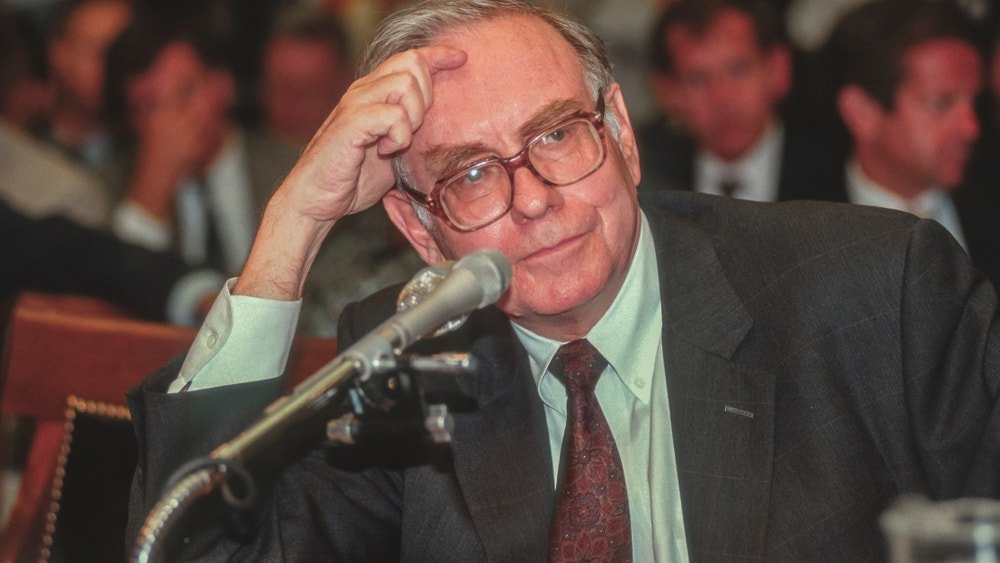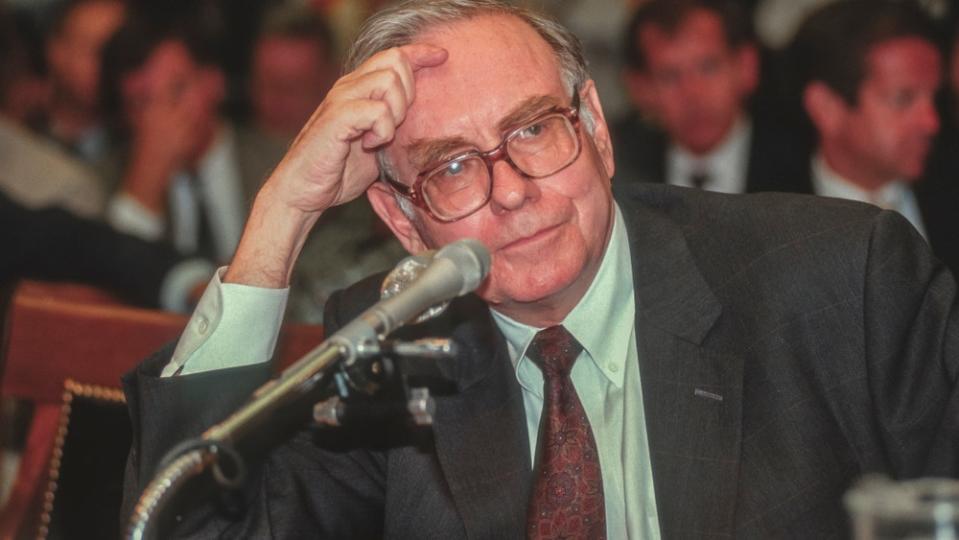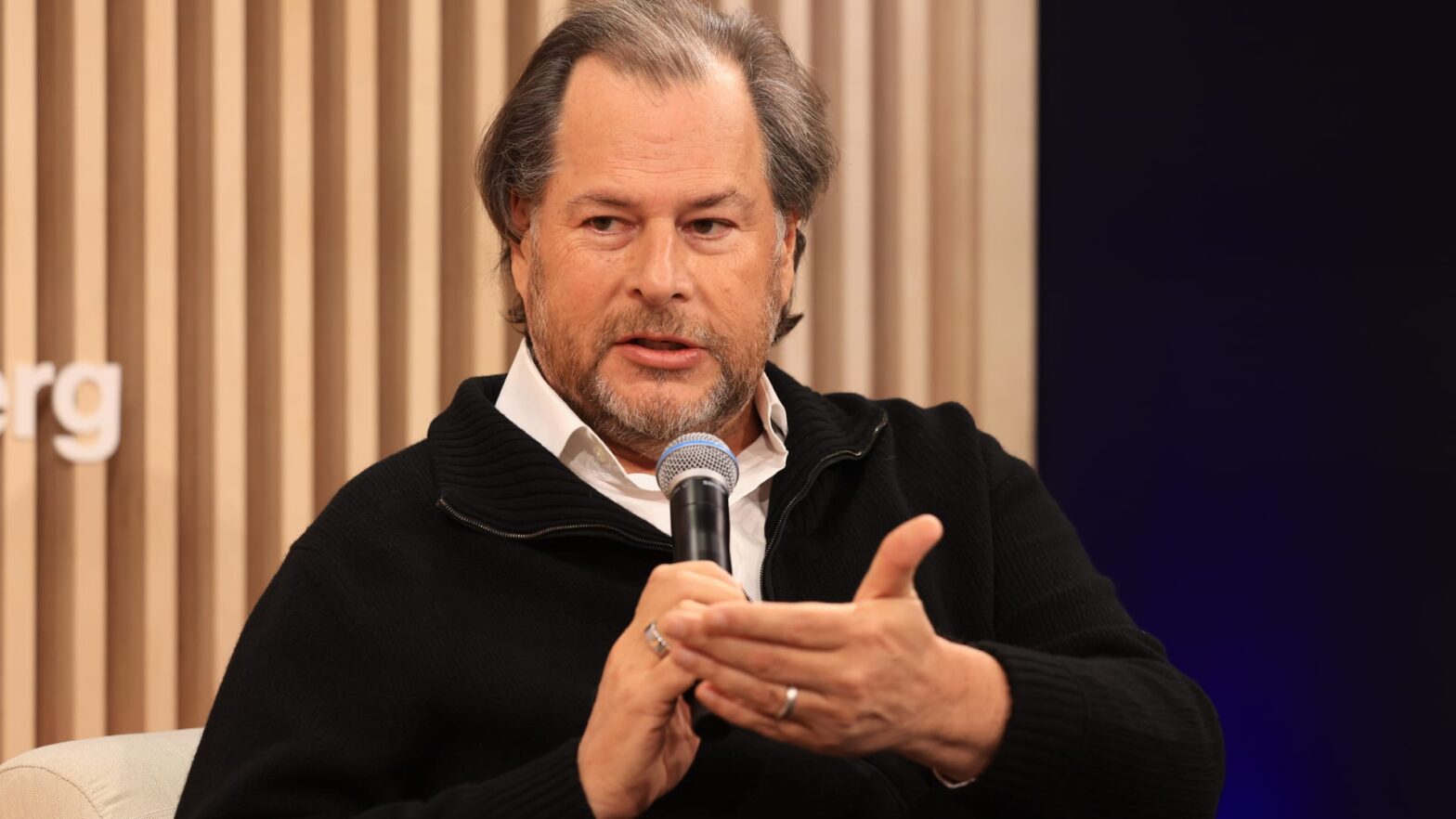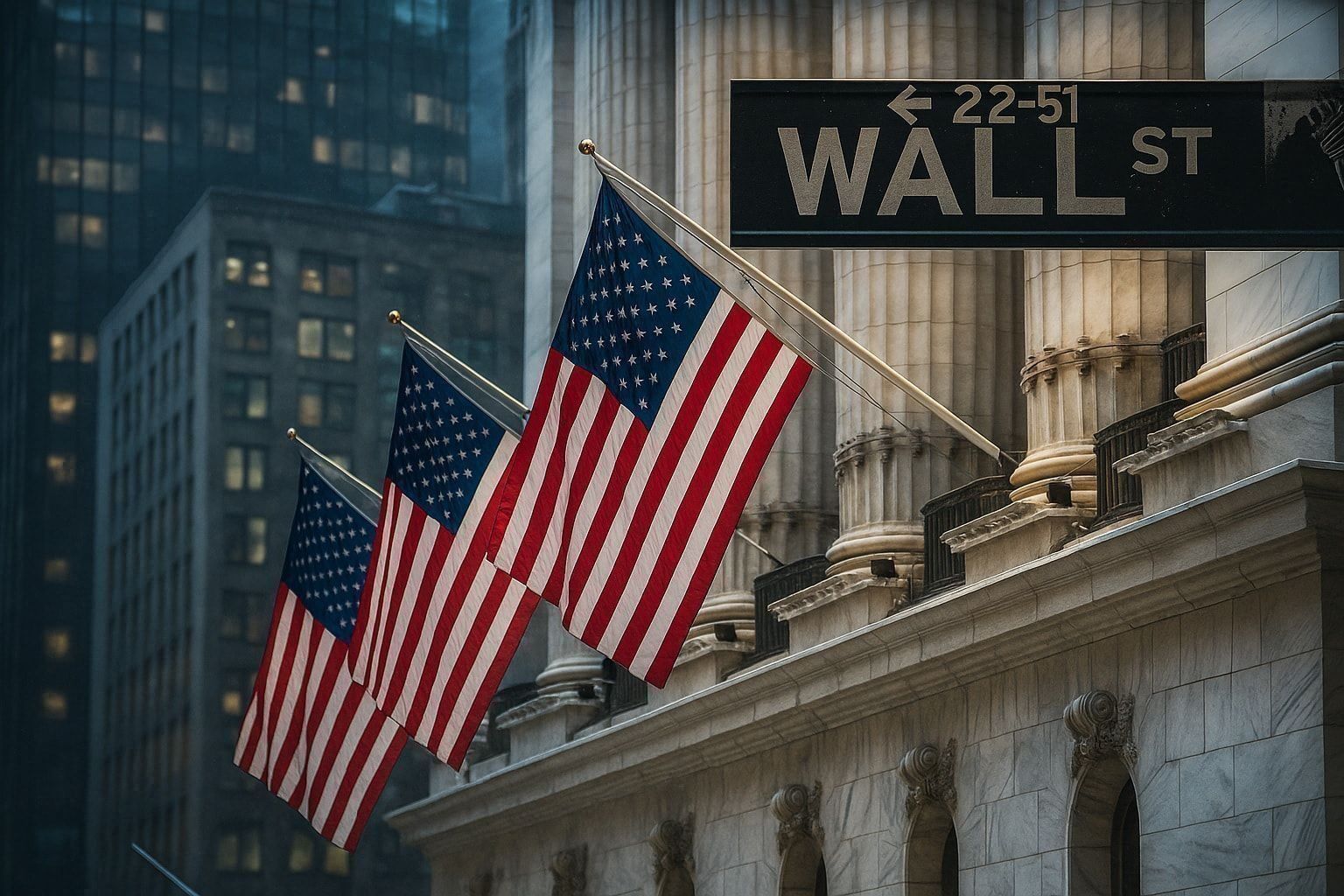Renowned investor and Berkshire Hathaway Inc. Chairman Warren Buffett has built a financial empire reaching a nearly $1 trillion market capitalization, a milestone that places the conglomerate on the verge of joining an elite global club. Despite this achievement, Buffett regards his investment in Berkshire Hathaway, a then-struggling textile company, as the “dumbest stock I ever bought” believing that the company’s value could have potentially doubled.
Don’t Miss:
-
The average American has $65,100 in their savings account — How do you compare?
-
This startup is accepting investors for as little as 25 cents – what’s the catch?
Berkshire Hathaway’s ascent to the brink of the $1 trillion valuation follows a surge in its stock price, fueled by a strong quarterly earnings report. The company, with holdings ranging from insurance (Geico) to fast food (Dairy Queen Inc.), saw its market capitalization reach $905 billion, with class B stock climbing 2% in premarket trading.
Its share price has increased by 17% since the year’s start, positioning Berkshire Hathaway to join the ranks of tech giants like Microsoft Corp. and Apple Inc., alongside other behemoths such as Saudi Arabian Oil Group (Aramco) and Amazon.com Inc. in the trillion-dollar market cap sphere.
During a 2010 interview with CNBC’s Becky Quick Buffett shed light on what he considers his most regrettable investment decision: acquiring Berkshire Hathaway. Initially, Buffett was drawn to the company, a declining textile manufacturer, for its practice of buying back its own stock using proceeds from the sale of its mills. Seeing an opportunity, Buffett began purchasing shares, planning to sell them back to the company at a profit.
Trending: Fortnite’s creator company greenlights partial ownership for up to 100 accredited investors in the upcoming series.
The critical turn of events occurred in 1964 when, after agreeing to tender his stock at $11.50 per share, Buffett received an offer at $11.375 per share. Feeling slighted by this lower offer, he reacted by buying more stock, eventually taking control of the company and dismissing the then-CEO Seabury Stanton. This decision led to Buffett’s extensive investment in a failing industry, which he later recognized as a significant error.
At the time of the interview, Berkshire Hathaway’s valuation stood at approximately $200 billion. Buffett humorously remarked, “And — so there you have it, the story of — a $200 billion — incidentally, if you come back in 10 years, I may have one that’s even worse.”
This comment reflects the magnitude of the missed opportunity; Buffett believed that had he initially steered his investment toward the insurance sector rather than the textile industry, Berkshire Hathaway’s worth could have been double its existing value. He underscored the lesson learned from this experience, saying, “If you get in a lousy business, get out of it” and highlighting the importance of recognizing and rectifying investment mistakes to avoid substantial financial losses.
Buffett’s ability to transform a struggling textile business into a near trillion-dollar conglomerate is a testament to his strategic foresight and managerial acumen. As Berkshire Hathaway continues to thrive, Buffett’s legacy as one of the world’s most astute investors remains intact, serving as a beacon for investors worldwide.
Read Next:
-
Copy and paste Mark Cuban’s startup investment strategy according to his colorful portfolio.
-
Discover why high-profile names like Leonard Dicaprio are turning to diamond assets and how you can get involved with just $100.
“ACTIVE INVESTORS’ SECRET WEAPON” Supercharge Your Stock Market Game with the #1 “news & everything else” trading tool: Benzinga Pro – Click here to start Your 14-Day Trial Now!
Get the latest stock analysis from Benzinga?
This article Warren Buffett’s Berkshire Hathaway Nears $1 Trillion Market Capitalization, But He Refers To It As ‘The Dumbest Stock I Ever Bought’ — It Could Have Been Worth Twice As Much Today If He Had Cut His Losses Sooner originally appeared on Benzinga.com
© 2024 Benzinga.com. Benzinga does not provide investment advice. All rights reserved.

















